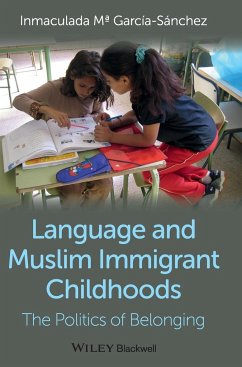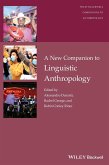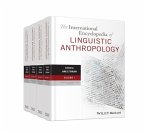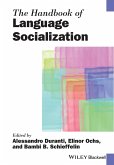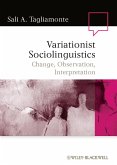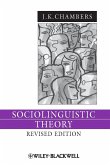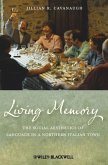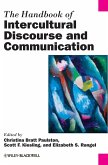Documenting the everyday lives of Moroccan immigrant children in Spain, this in-depth study considers how its subjects navigate the social and political landscapes of family, neighborhood peer groups, and the institutions of their adopted country. Garcia- Sánchez compels us to rethink theories of language and racialization by offering a linguistic anthropological approach that illuminates the politics of childhood in Spain's growing communities of migrants. The author demonstrates that these Moroccan children walk a tightrope between sameness and difference, simultaneously participating in the cultural life of their immigrant community and that of a 'host' society that is deeply ambivalent about contemporary migratory trends.
This revealing analysis of everyday language use among Moroccan immigrant children in Spain explores their cultural and linguistic life-worlds as they develop a hybrid, yet coherent, sense of identity in their multilingual communities. The author shows how they adapt to the local ambivalence toward Muslim culture and increased surveillance by Spanish authorities.
Offers ground-breaking research from linguistic anthropology charting the politics of childhood in Muslim immigrant communities in Spain
Illuminates the contemporary debates concerning assimilation and alienation in Europe's immigrant Muslim and North African populations
Provides an integrated blend of theory and empirical ethnographic data
Enriches recent research on immigrant children with analyses of their sense of belonging, communicative practices, and emerging processes of identification
This revealing analysis of everyday language use among Moroccan immigrant children in Spain explores their cultural and linguistic life-worlds as they develop a hybrid, yet coherent, sense of identity in their multilingual communities. The author shows how they adapt to the local ambivalence toward Muslim culture and increased surveillance by Spanish authorities.
Offers ground-breaking research from linguistic anthropology charting the politics of childhood in Muslim immigrant communities in Spain
Illuminates the contemporary debates concerning assimilation and alienation in Europe's immigrant Muslim and North African populations
Provides an integrated blend of theory and empirical ethnographic data
Enriches recent research on immigrant children with analyses of their sense of belonging, communicative practices, and emerging processes of identification

